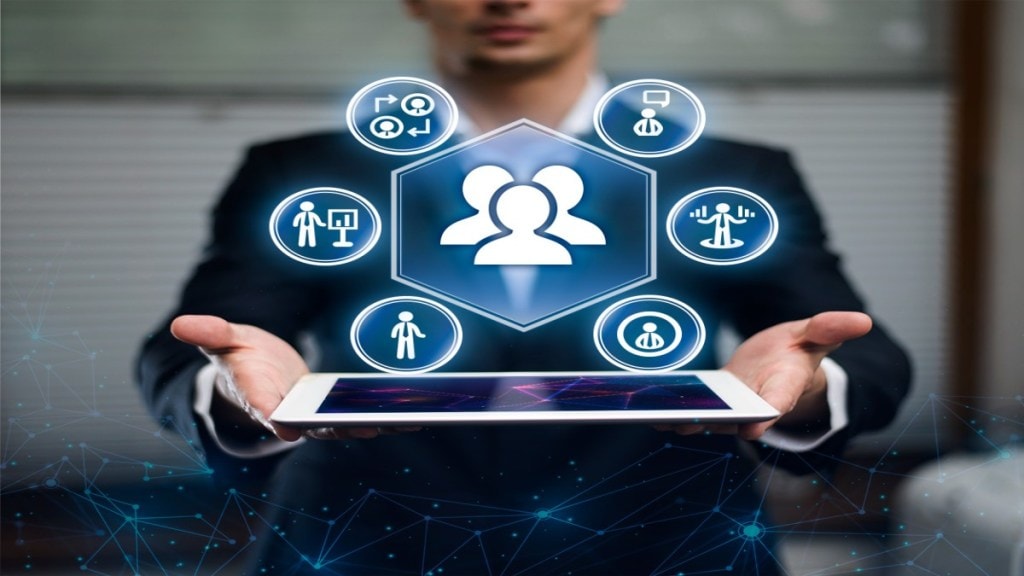By Lokesh Nigam
Cloud computing, artificial intelligence and machine learning are revolutionising businesses, and organisations are adopting new-age human resource (HR) technologies to establish a sustainable, efficient and participative workplace. Over the past two years, there has been a surge in HR investments, with venture capitalists allocating more than $17 billion to HR tech (as per a report by ‘HR Executive’). Here are top HR tech trends that human resources leaders should keep an eye on.
Workplace digitisation
Workplace digitisation – started with the lockdown in March 2020 – has reshaped business landscape, and today it has evolved so much that you don’t need face-to-face meetings for effortless collaboration. In 2024 and beyond, organisations are expected to invest even more in workplace digitisation.
Digital L&D
Employee learning and development (L&D) also picked pace during the lockdown. As digital learning gains widespread acceptance, 2024 will stand out as a pivotal year marked by integration of gamification and virtual reality into the learning process. This is expected to yield heightened employee engagement, motivation, and improved learning outcomes. Additionally, to address the learning needs of remote workers, digital learning will be tailored to cover a broader scope through mobile and desktop applications.
Employee self-service
Tech-enabled employee self-service empowers employees to independently handle their HR-related tasks, such as updating personal details, checking pay statements, and requesting time off. It enhances operational efficiency and lightens HR workload.
Already, AI and ML are empowering employee self-service portals, and apps and chatbots are able to deliver personalised recommendations and support to employees. Going forward, granting employees the capability to manage their HR-related tasks independently will make organisations nimbler and more responsive to employee needs, ultimately boosting employee satisfaction and engagement.
People analytics
The contribution of people analytics in critical decision-making processes and business outcomes has outpaced conventional and paper-led strategies. It will continue to grow through 2024 and beyond.
Metaverse in HR
Metaverse, an immersive alternate reality, will bring about a paradigm shift in various aspects of HR practices. This innovative technology seamlessly integrates virtual meetings, interviews, discussions, onboarding, employee engagement, employee experience, and L&D.
Metaverse creates realistic virtual environments, and can enable HR professionals to host dynamic and interactive meetings, conduct immersive job interviews, and facilitate engaging discussions with remote teams.
Research anticipates rapid and widespread adoption of metaverse in HR, with a projected 25% of individuals dedicating at least an hour of their daily work routine to this transformative technology by 2026 (as per ‘The HR Digest’). As more and more organisations acknowledge the immense potential of metaverse, its impact on reshaping traditional HR processes and fostering collaboration across distributed teams is expected to be nothing short of revolutionary.
Towards engaged employees
The future of HR technology will have to be based on technology, innovative frameworks, and data-driven approaches.
The author is co-founder & director, Kognoz Research & Consulting. Views are personal.

